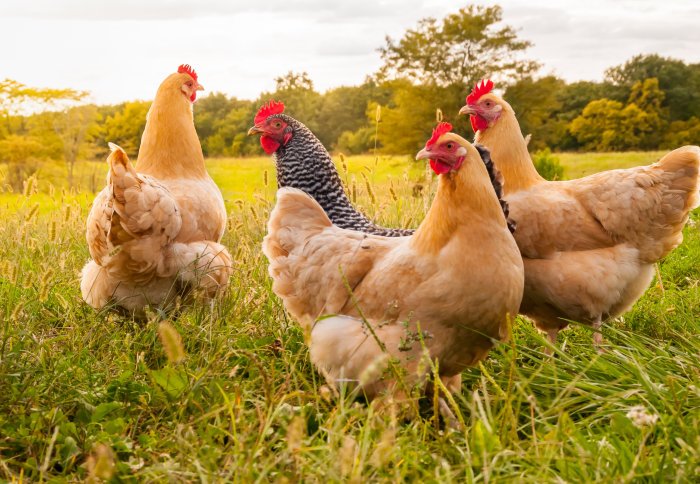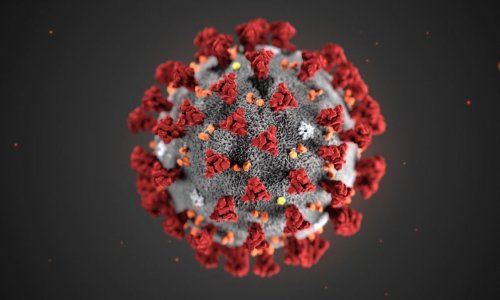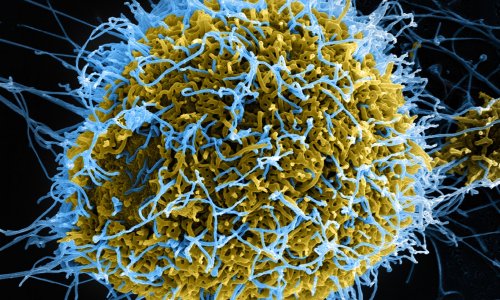
News • CRISPR-fied chickens
Gene-edited chicken cells could leave flu with nowhere to hide
Scientists from Imperial College London and the University of Edinburgh have used gene-editing techniques to stop the bird flu virus from spreading, in chicken cells grown in the lab.
According to the researchers, the findings raise the possibility of producing gene-edited chickens that are resistant to flu. This could potentially prevent the birds from being a major reservoir for pandemic strains of the virus. The researchers have so far been able to prevent the virus from taking hold by deleting a small section of chicken DNA inside lab-grown cells.
The team says the next step will be to try to produce chickens with the genetic change, but no birds have yet been produced. “We have long known that chickens are a reservoir for flu viruses that might spark the next pandemic,” explained Professor Wendy Barclay, Chair in Influenza Virology at Imperial. “In this research, we have identified the smallest possible genetic change we can make to chickens that can help to stop the virus taking hold. This has the potential to stop the next flu pandemic at its source.”
Recommended article

News • mini viral RNA
Understanding the deadly nature of pandemic influenza
Researchers at the University of Cambridge and the University of Oxford have discovered a new molecule that plays a key role in the immune response that is triggered by influenza infections.
In the latest study, researchers targeted a specific protein inside chicken cells, called ANP32A. Professor Barclay’s team at Imperial found that during infection, influenza viruses hijack this protein to help replicate themselves. Working with experts from Edinburgh’s Roslin Institute, they edited the cells’ DNA to remove a small section responsible for producing the protein, so removing the virus’s vehicle for replicating. They found the virus was no longer able to grow inside cells with the genetic change.
Previous research from The Roslin Institute and Cambridge University produced genetically modified chickens that did not transmit bird flu to other chickens following infection. The new approach is different because it does not involve introducing new genetic material into the bird’s DNA, but a small deletion.
Dr Mike McGrew, from the University of Edinburgh’s Roslin Institute, said: “This is an important advance that suggests we may be able to use gene-editing techniques to produce chickens that are resistant to bird flu.” He added: “We haven’t produced any birds yet and we need to check if the DNA change has any other effects on the bird cells before we can take this next step.”
Source: Imperial College London
06.06.2019











